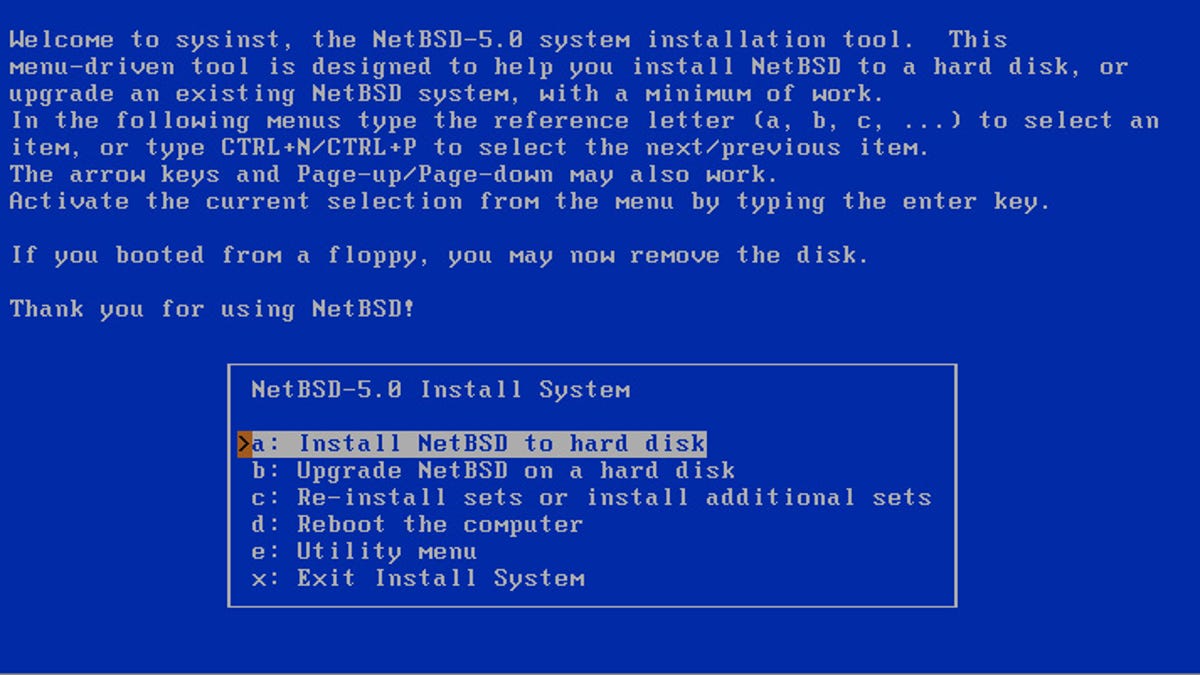... at least some C programming knowledge is the minimum bar for being comfortable with it.
To be a regular user of the major Unix OSes (FreeBSD and Linux, at least), you really don't need any programming skills, just a little bit of common sense for reading the manuals.
I think the truth is somewhere in between. No, you don't need to have heavy programming skills to use it. But you need a little bit. For example, just to be able to reason what happens if you do "rm" and the first file in the directory is called "-R", you need to think a little bit about how computers do thing, about steps taken by a program, about what an list (of arguments) is, and so on. No, no you don't need to be able to do binary arithmetic and be able to recite the differences between a pointer, array and reference in C++. And if you want to use tools like sort, join, awk, sed, you need some programming skills ... an awk script is actually a program, in a language that somewhat resembles C.
On the other hand, you don't need to do coding to use it. As an example: Professionally, I'm a software engineer, which includes kernel work and file systems. For the last ~15 years, I've used various *BSD flavors as the main server in my house. I do a lot of tinkering, tuning and configuration in it. Yet I have not compiled a custom kernel on FreeBSD ever (on OpenBSD I used to do it), and I have never looked at the kernel source code in any detail. No, I don't need to read the C code (or code in any other language) to successfully use FreeBSD.
"FreeBSD is a professional operating system for professionals and computer enthusiasts" as someone once said.
And here I have to agree with grahamperrin: You can also be an amateur. But the important thing about FreeBSD is this: It is a system that will delight both computing professionals and enthusiastic amateurs. When using Linux/HP-UX/AIX/Solaris, I frequently have to prevent myself from gagging, because I look at how clumsily things are done. They are a mix of random hack by a drunk college student, an uninterested engineer just putting in his hours and delivering the MinimumViableProduct, or an egotist and nutcase designing software. That is mixed with things that are really well done (like ZFS, which originally came from Solaris, or ext2/3/4). When using FreeBSD and in particular OpenBSD, I sometimes feel that it would be lovely if more work could be invested in them, but I always have the feeling of using a well-crafted tool that was put together with care by smart people with a common purpose.

 www.zdnet.com
www.zdnet.com
